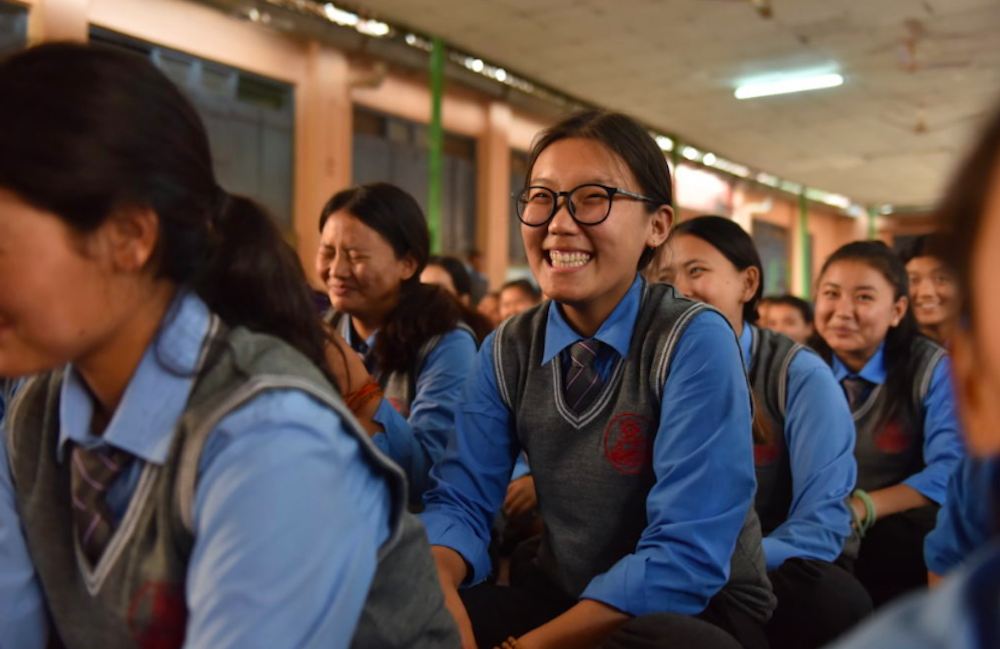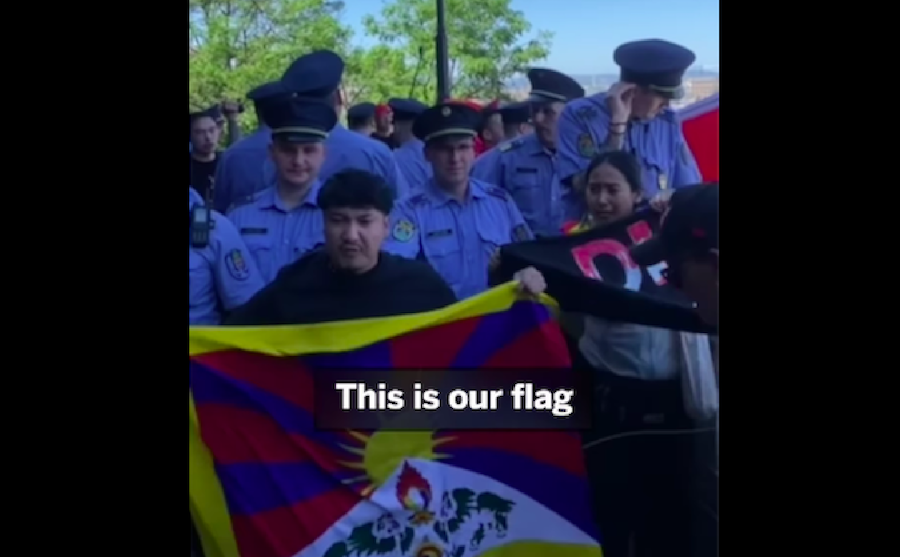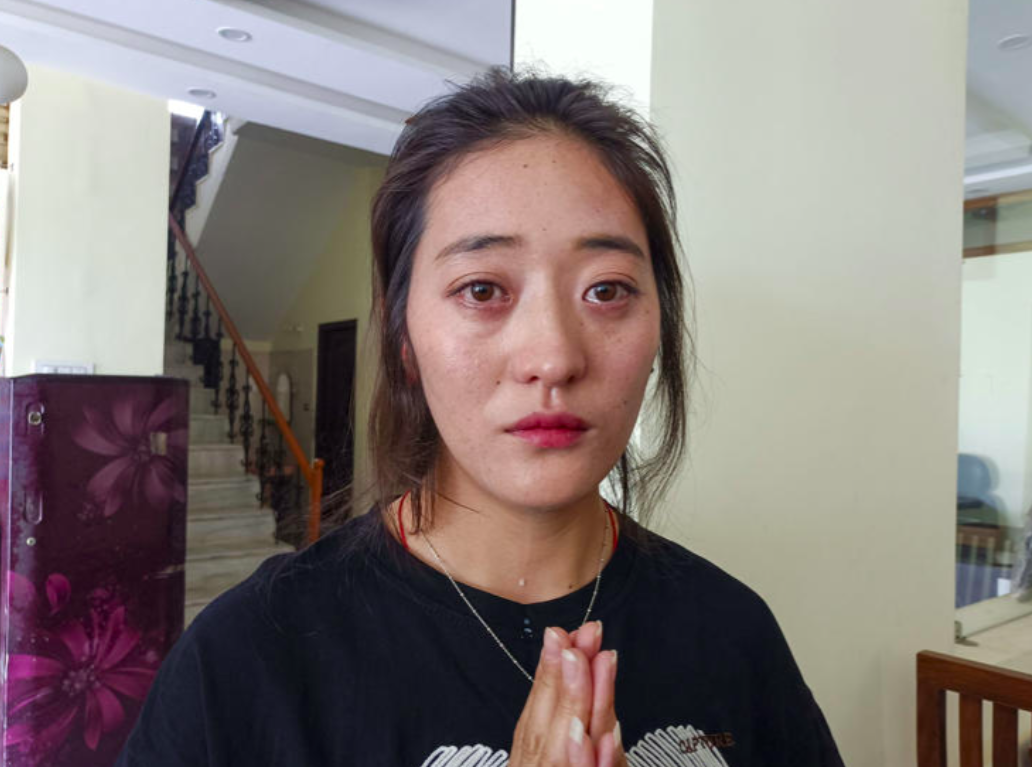DISCIPLES OF CONDEMNED MONK CALL FOR LENIENCY
WASHINGTON, May 30 – Three disciples of a condemned Tibetan monk are urging China to throw out his suspended death sentence, saying the bombing charges against Tenzin Deleg Rimpoche were false, Radio Free Asia (RFA) reports.
Locho Drime, who spent a year in hiding before he escaped to Nepal on May 2, also reported that Chinese authorities had detained some 80 Tibetans in connection with the case. Chinese officials had no comment on the claim, which couldn’t be independently confirmed. Along with Locho Drime, two other disciples of Tenzin Deleg Rimpoche inside China called for leniency in Tenzin Deleg Rimpoche’s case. The two monks in China, who spoke on condition of anonymity, were both arrested twice as they tried to flee to India. “Tenzin Deleg Rimpoche is to be executed in two years,” said one of the men, who phoned RFA from hiding. “We are appealing on behalf of 40,000 Tibetans in the Nyakchuka area–we want the United Nations, human rights organizations, and the Tibetan government [in exile] to help overturn his sentence. Please.”
All three men went into hiding to avoid arrest after Tenzin Deleg Rimpoche and an assistant, Lobsang Dhondup, were detained in connection with a series of bomb blasts in western China. Tenzin Deleg Rimpoche remains in custody under a suspended death sentence, and Lobsang Dhondup was executed in January. His death caused an international outcry. Suspended death sentences are usually commuted to life imprisonment in China
The Chinese authorities “announced that Tenzin Deleg Rimpoche and Lobsang Dhondup had admitted their guilt,” said the second monk, who also phoned RFA from hiding. “This is untrue. Neither Tenzin Deleg Rimpoche nor Lobsang Dhondup admitted involvement” in the bombings. “Even now there is a large contingent of Chinese security forces in the area,” he said.
Locho Drime, speaking to RFA’s Tibetan service in a recent interview, said he believed Tenzin Deleg Rimpoche’s bluntness in criticizing official missteps had earned him enemies among local officials.
“He always advocated service for others and applauded those who worked selflessly for others. But those motivated by ego and self-interest–he called them black dogs,” Locho Drime said. “He was blunt and direct in pointing out people’s mistakes, government leaders as well as important lamas. Such sincere comments hurt many government officials who were selfish. They were always waiting for some excuse to blame him… This was the main cause for Tenzin Deleg Rimpoche’s arrest.”
“They saw him as a threat to their authority and an obstacle in implementing their policies,” he said.
“There were many who were arrested when they went to appeal for Tenzin Deleg Rimpoche… There are about 80 Tibetans who were detained, beaten, and tortured for the cause of Tenzin Deleg Rimpoche. Some of them were detained for two or three months while some for 10 or 20 days, and some are still detained.”
The U.S. State Department’s 2002 report on human rights around the world characterized the record of Chinese authorities in Tibet as poor, although it cited the release of some political prisoners as a positive development. Authorities “continued to commit serious human rights abuses, including instances of torture, arbitrary arrest, detention without public trial, and lengthy detention of Tibetan nationalists for peacefully expressing their political or religious views. The overall level of repression of religious freedom in Tibet, while somewhat less oppressive for lay followers than in previous years, remained high. Individuals accused of political activism faced ongoing harassment during the year.”









